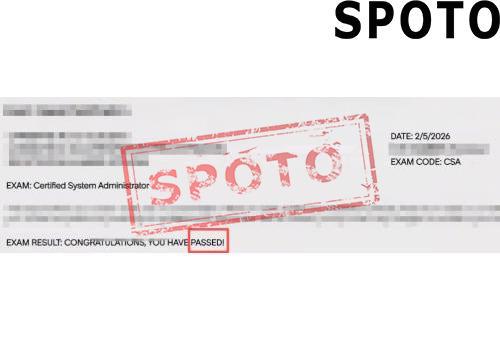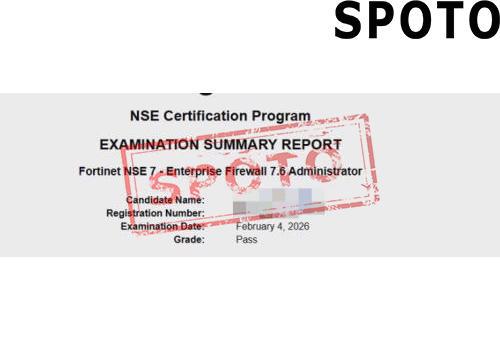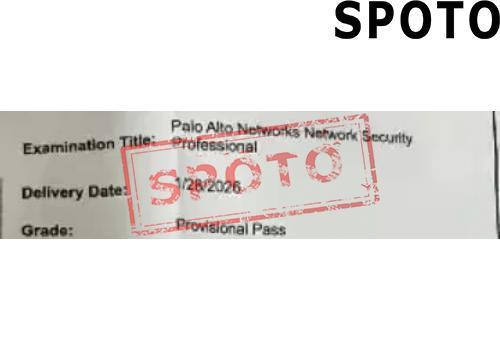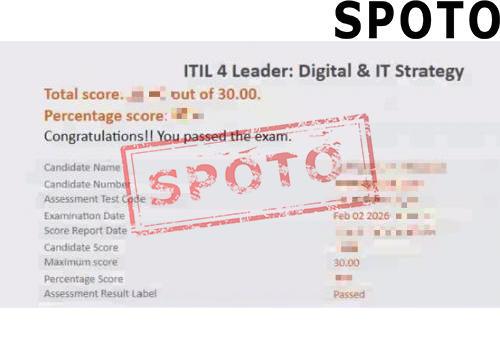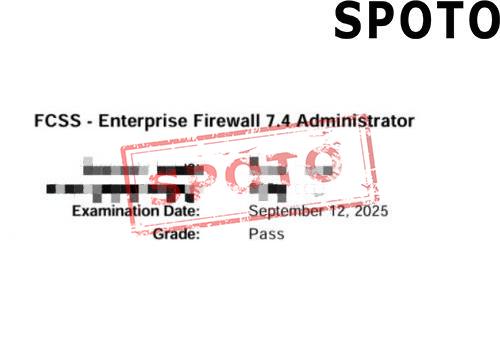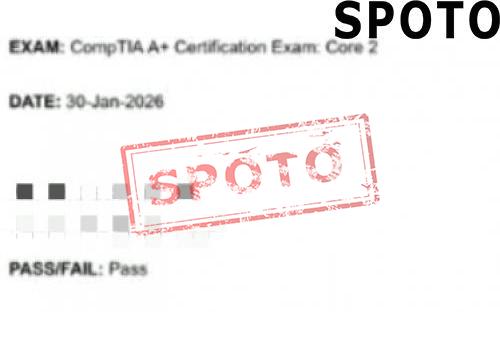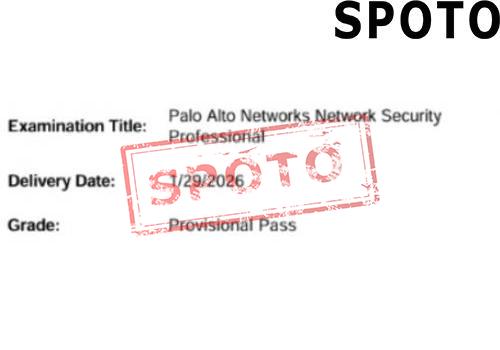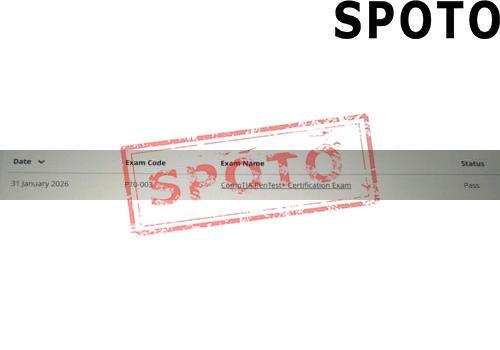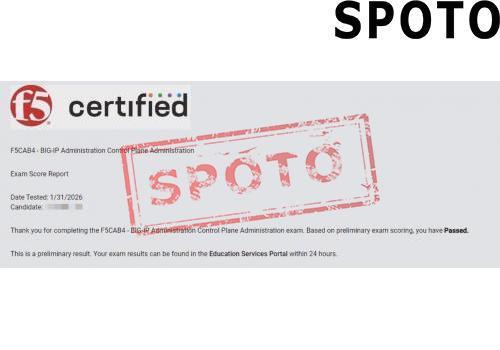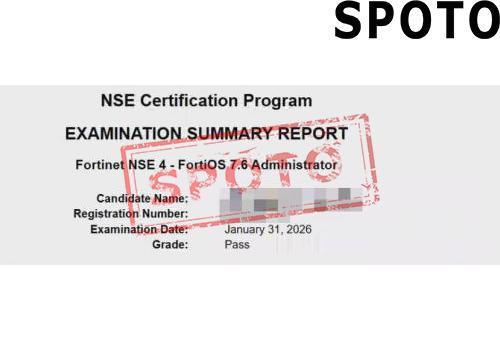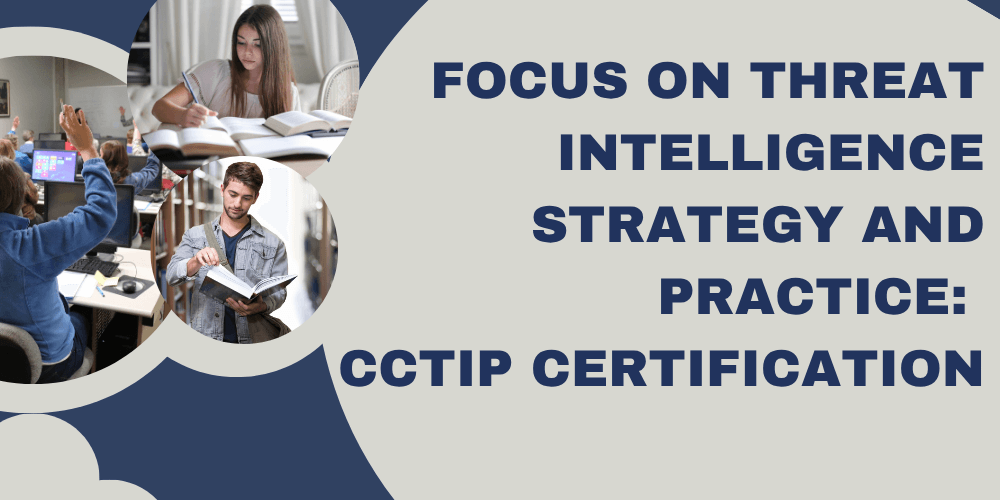
Table of Contents
- 1. Introduction to the Certified Cyber Threat Intelligence Professional certification
- 2. Why Earn Your Certified Cyber Threat Intelligence Professional Certification?
- 3. Overview of the CCTIP Certification?
- 4. Prerequisites for the Certified Cyber Threat Intelligence Professional Certification
- 5. Comparable Certifications to CCTIP certification
By this article you will learn what CCTIP is and why CCTIP is an advanced certification in the field of threat intelligence that emphasizes both strategy and practice.
1. Introduction to the Certified Cyber Threat Intelligence Professional certification
The Certified Cyber Threat Intelligence Professional (CCTIP) is an advanced threat intelligence certification offered by the Cyber Threat Intelligence Alliance (CTIA), which focuses on strategic planning, practical analysis, and operational application of enterprise-level threat intelligence. It verifies the holder's comprehensive capabilities, from intelligence collection to defensive decision-making. It is a leading qualification in the threat intelligence field, emphasizing the integration of strategy and practice.
Amid the increasing sophistication of cyber threats, enterprises require not only fragmented threat data but also an intelligence-driven defense system that supports decision-making. CCTIP's core objective is to cultivate "threat intelligence strategic decision-makers and operational implementers." CCTIP requires not only proficiency in intelligence analysis techniques but also the ability to plan intelligence systems from a business perspective, transforming intelligence into actionable defense strategies. CCTIP also demonstrates the ability to manage intelligence teams and facilitate cross-departmental collaboration. It serves as a key certification that connects threat intelligence technology with enterprise security strategy.
2. Why Earn Your Certified Cyber Threat Intelligence Professional Certification?
As a high-level certification offered by CTIA, CCTIP is a strategic endorsement in the threat intelligence field. Recognized by security-conscious industries such as finance, energy, and government, it serves as a core screening criterion for companies recruiting threat intelligence leaders and security strategists, demonstrating a comprehensive combination of technical, strategic, and management capabilities.
Unlike entry-level certifications that focus on technology, CCTIP emphasizes the business application and strategic value of intelligence. CCTIP holders can directly address the pain point of "intelligence being unused" within enterprises. In other words, CCTIP certification demonstrates both practical and strategic competence.
High-level professional competitiveness: According to industry research, the average annual salary for CCTIP holders worldwide is approximately $140,000. Threat intelligence manager positions earn significantly higher salaries than general security positions, and CCTIP is a crucial qualification for advancement to senior management positions such as CISO.
Certificate holders can join the CTIA community to access the latest threat intelligence trends, industry cases, and network resources, continuously enhancing their professional influence.
3. Overview of the CCTIP Certification?
The CCTIP assessment covers the entire threat intelligence lifecycle, integrating strategic planning and practical analysis. Practitioners are required to design a threat intelligence architecture tailored to the company's scale and business characteristics, clarify intelligence team roles, processes, and technology stacks, and thoroughly understand the attack tactics matrix, translating these into internal intelligence operational standards. Establishing intelligence effectiveness evaluation metrics to demonstrate the return on investment (ROI) to management is also crucial.
CCTIP holders must communicate with business departments to clarify intelligence requirements, prioritize them based on business impact, and collect and verify data from multiple sources, including public sources, commercial intelligence, and internal sources.
For external attacks, practitioners must analyze attacker TTPs, link them to the MITRE ATT&CK matrix to identify attack phases, assess the long-term impact of threats on the company, predict attack trends, and trace attack organizations based on attack method signatures. Finally, they must customize the intelligence output format to the target audience to ensure effective application.
As an advanced certification in the threat intelligence field, CCTIP emphasizes practical application and defense integration. Practitioners must leverage threat intelligence to prioritize vulnerability remediation and optimize security operations, integrating intelligence into SOC processes to improve threat detection efficiency. During security incidents, practitioners also need to leverage intelligence to quickly locate the attack source and predict the attack path to shorten response times.
In addition, CCTIP practitioners must engage in team building and skills development, develop training plans for intelligence teams, establish analyst competency models, promote the implementation of intelligence across IT, business, and legal departments, and foster cross-departmental collaboration to break down intelligence silos, ensure that intelligence collection and use comply with data privacy regulations, and mitigate legal risks arising from improper intelligence sourcing.
4. Prerequisites for the Certified Cyber Threat Intelligence Professional Certification
(1) Experience Preparation
CTIA officially recommends that practitioners must have more than 3 years of cybersecurity experience, including at least 1 year of experience in threat intelligence or security analysis. It is recommended to hold a basic security certification or a threat intelligence entry certification. They must complete approximately 40 hours of official training courses from CCTIP, covering strategic planning and practical cases.
(2) Examination format
The CCTIP examination lasts a total of 4 hours and includes multiple-choice questions, case analysis questions, and practical operation questions. The full score is 100 points, and a score of ≥75% is considered a pass.
(3) Maintaining certification
The CCTIP certificate is valid for 2 years. Certification must be maintained by accumulating 40 continuing education credits every 2 years by participating in advanced intelligence training, publishing technical articles, and participating in intelligence practical projects.
5. Comparable Certifications to CCTIP certification
- GIAC Cyber Threat Intelligence (GCTI)
- Certified Threat Intelligence Analyst (CTIA)
- Certified Information Systems Security Professional (CISSP)
- Threat Intelligence Certification (TIC)
